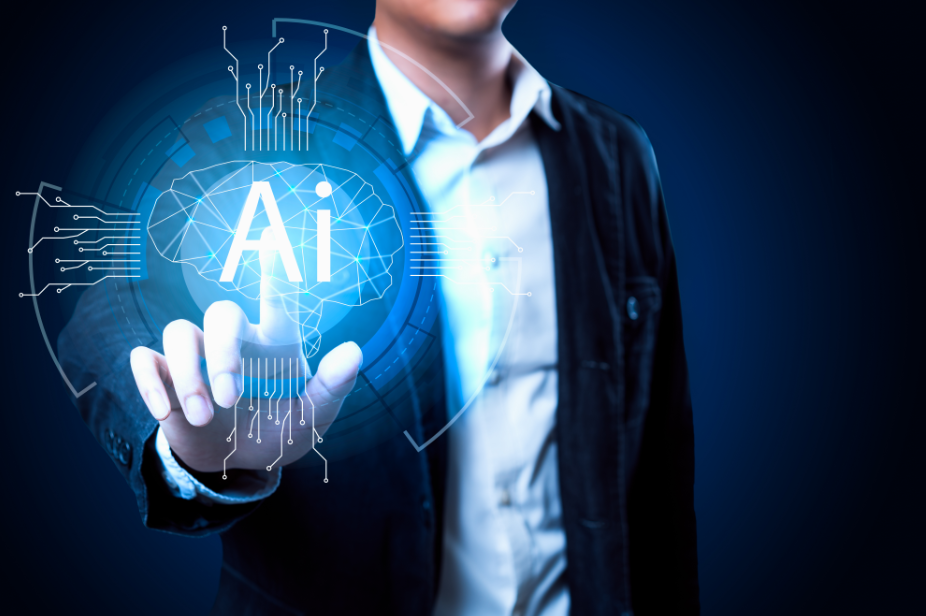South Africa has created the Presidential Commission on the Fourth Industrial Revolution. The President of South Africa, Cyril Ramaphosa, chairs this commission and I am the Deputy Chairman. The commission consists of 30 members.
It is tasked with developing South Africa’s strategy around the Fourth Industrial Revolution (4IR).
Why this commission and why is the 4IR so important? To answer these questions, we ought to understand first what the 4IR is and what it entails.
As a point of departure, we ought to understand the first, second and third industrial revolutions. The British scientific revolution that gave us Isaac Newton’s laws of motion, gravitation and the study of heat, catalysed the first industrial revolution.
READ MORE | South Africa’s Informal Sector: Why People Get Stuck In Precarious Jobs
Loading...
The first industrial revolution gave us coal-powered steam engines that drove trains and ushered the era of using machines to produce goods and services. The luddites, who were a group of activists hell-bent on stopping the first industrial revolution, disappeared into the ash heap of history and the technological revolution marched on.
The scientific revolution that facilitated us to leverage magnetic and electrical forces called electromagnetism ushered the second industrial revolution. Electromagnetism gave us electricity and an electric motor, and these, in turn, spurred the development of the assembly line, which vastly improved production and introduced mass production in factories.
The discovery of semiconductors and the invention of a transistor in the United States (US) ushered the electronic age, which gave us computers, mobile phones, and ultimately led to the invention of the internet.
Seventy years after the discovery of a transistor, there is no significant semiconductor company on the African continent. To solve this serious gap in the political economy of the African continent, industries, society and universities on the continent must come together to develop a strategy and the plan of action on how the continent should enter the primary economy of the third industrial revolution.
READ MORE | The Robots Are Coming: How To Stay Relevant And Re-Skill Yourself
The 4IR is a confluence of digital technologies of the third industrial revolution, developments in biotechnology through innovations such as molecular motors, as well as the developments in the physical space through breakthroughs in new materials and robotics technologies.
One of the technologies driving the 4IR is artificial intelligence (AI). Because of AI, machines are gaining intelligence and thus planes are intelligently flying with minimal interference by pilots, the factory floor is increasingly automating, and self-driving cars are reaching maturity. AI is revolutionizing the medical field and making careers such as radiology redundant.
The implications of the 4IR will be extensive. It will reduce the world of work and usher a post-work era, where factories will employ fewer people than ever before. The presidential commission should study this post-work era and the impact thereof on the labor market, equality and tax collection.
This commission will explore the viability of strategies such as the introduction of universal basic income, virtual economic zones and imposing tax on robots in order to prevent the escalation of poverty and inequality.
In the 4IR era, some jobs will disappear, some will change and new types of jobs will be created. It is important that the presidential commission study these changes and design a strategy on how we should move forward. This should include the identification of the required set of skills in order to thrive in the 4IR, and the mechanisms in which the education sector should plan for the development of such skills.
READ MORE | Educated, Re-engineer and Lead Through Uncertainty
Kai-Fu Lee, the Chairman of the World Economic Forum Council on Artificial Intelligence, wrote in his influential book, AI Superpowers, that in the 4IR, data is becoming the new oil. Countries and companies, such as the US, China, Google, Facebook, and Alibaba, which collect more data will become so powerful that they will influence all aspects of our lives.
The company Cambridge Analytica allegedly influenced the US election through data analytics.
This commission should study and recommend how South Africa should position itself with respect to defence, peace, security, industry, trade, society and politics in the light of the 4IR. Failure to capture this 4IR moment will relegate us to the dustbin of history.
– Tshilidzi Marwala is a professor and Vice-Chancellor and Principal of the University of Johannesburg in South Africa.
Loading...
